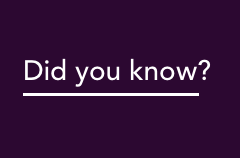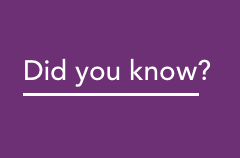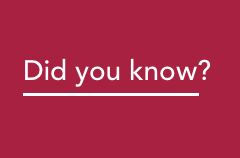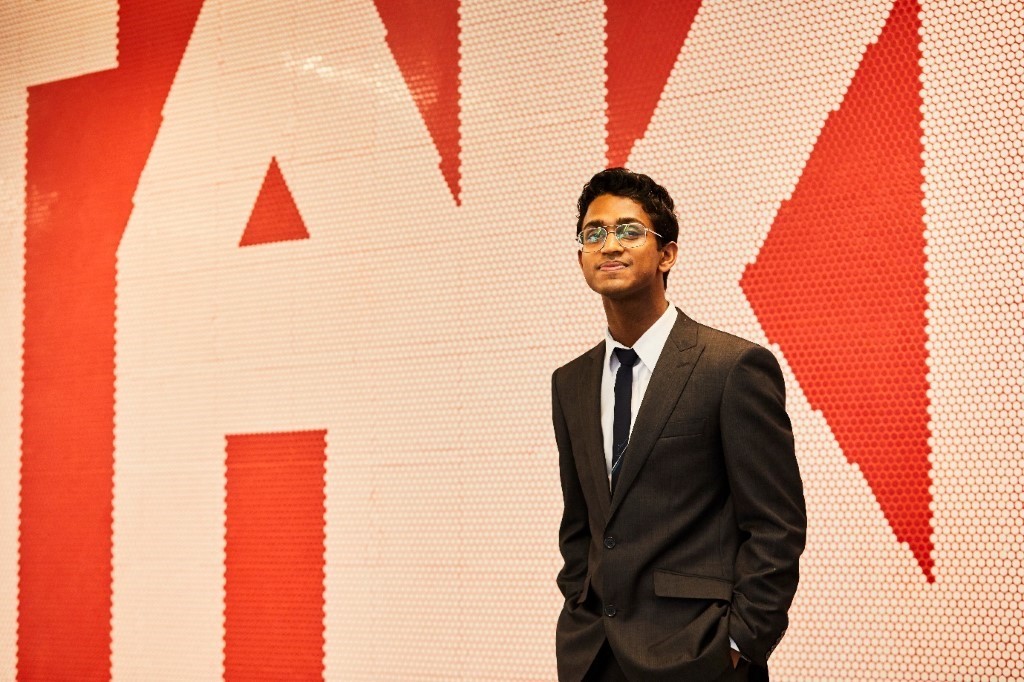Lakshan Bernard is the inaugural recipient of a new PhD scholarship program being launched by Monash University today, in partnership with AEMO. The Zema
Energy Studies Scholarship is named after AEMO’s former CEO and Monash alumnus, the late Mr Matt Zema.
Lakshan, from the Faculty of Engineering at Monash,
said he was honoured to receive the scholarship which will provide him the
opportunity to expand his knowledge in electrical engineering and contribute to
the future of emerging energy markets.
We sat down for a chat with Lakshan.
Energy Live (EL): Hello, and welcome to Energy
Live, Lakshan. Firstly, congratulations on your success with the Zema
Energy Studies Scholarship.
Lakshan Bernard (LB): Thank you and thank you for
having me.
EL: To start off the interview, can you give our
audience some insight to your background and academic history?
LB: Sure. My passion
for learning started when my dad taught me about maths and computer
programming at a really young age. He is an engineer and probably a
big part of why I pursued a career in this field.
In my teen years, I was selected to
join Melbourne High School and I really enjoyed that environment because
it meant being surrounded by high-achieving peers and being motivated
to self-study.
When it came time to choose a university, I went
with Monash because of its reputation as an
esteemed engineering faculty. After my first year, I decided to
study Electrical and Computer Systems Engineering because of the
fascinating applications. I did well in my studies and was able to do
a summer research project with Dr Reza Razzaghi, who is now going to
be my main PhD supervisor. That was my first experience to
research and power systems, and I learned about how new
technology is being added to power system, and the need for statistical tools
to process the large data. This also gave me my first taste of research,
and the importance of sharing the research outputs and
collaboration. I really appreciated the collaborative environment in
the Monash University power engineering laboratory as
well as excellent facilities (like the real-time
simulator and phasor measurement units) that allow for cutting edge research.
In my final year, I took an elective unit on power systems
and was intrigued by how rapidly it is changing. I then realised how much I had
to learn and wanted to contribute to the field, so I decided to
pursue a PhD.
EL: I understand you’re completing an internship now
– how is that going?
LB: Yes, I was excited to get some industry
experience before I embark on my PhD journey so I’m currently
completing an internship in the Network Intelligence and Analytics team at
AusNet Services.
EL: And can you talk to me about the application process
for the Zema Energy Studies Scholarship?
LB: I first learnt about the Zema
Scholarship by my lecturer, Dr Reza
Razzaghi, who encouraged me to apply for this scholarship.
At this stage I only knew that AEMO was the market operator, so
I went to look at what sort of projects they work on. I was amazed by the
scale and importance of AEMO's work in maintaining a stable electricity system
and designing the future of Australia's energy system. That made me want
to apply for the scholarship, so I had to submit an
application of interest and then I was invited to submit a formal
application. This was reviewed by the scholarship committees at
Monash University and AEMO.
EL: What are you hoping to achieve over your three
years PhD experience?
LB: My PhD doesn’t start until March, so I’m currently
reading a lot of literature and consulting with AEMO to explore where I can
deliver the most value.
My main goal is for my research to address a current or
future problem that we are likely to encounter as the energy sector shifts
towards renewable technology. The broad direction I am looking at is how we can
use big data to predict and prevent large instabilities in the grid.
The main academic supervisor for the PhD will be Dr Reza
Razzaghi, who is a Lecturer in the Electrical and Computer Systems department
at Monash University. Since we are tackling a multidisciplinary problem, the
PhD will be co-supervised by Prof. Rob Hyndman, who is a Professor of
Statistics in the Econometrics and Business statistics department at Monash
University. I am extremely grateful for my supervisors and aim to
learn as much as possible from them, as well as how they apply their research
to solve problems in industry.
EL: Exciting stuff! What interests you about Australia’s
energy industry and what are some of the key developments you would like to
learn about?
LB: I think the availability of vast quantities of
streaming data is extremely interesting. The real challenge is
processing this data to get insights into the power system. This is
why this project will be multidisciplinary - you need to
understand classical electrical engineering methods of analysing a power system
and improve them using new statistical tools.
EL: Last question: what’s one piece of advice you will give you other
students looking to build an academic career around energy?
LB: The energy sector is transitioning rapidly, so I think this transformation
is a great opportunity do highly impactful research. It also means that there
are exciting collaborations between academia and industry, like the
Zema Energy Studies Scholarship.
I think it’s also important to get exposure to certain
things whenever you can. Doing a small research project with my lecturer
ultimately lead me down this road to doing a PhD so I would say it is good idea
to reach out to your faculty to get a taste of research and keep an eye out for
industry collaborations.
EL: Awesome, thank you for joining
us Lakshan and I’m sure we’ll be in touch throughout your
journey.
LB: Thanks for having me.







